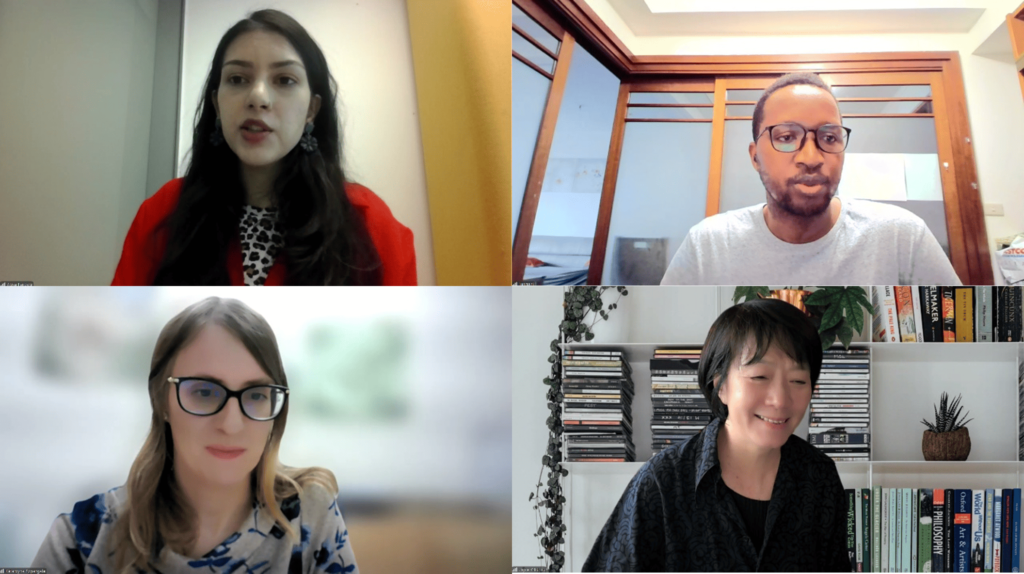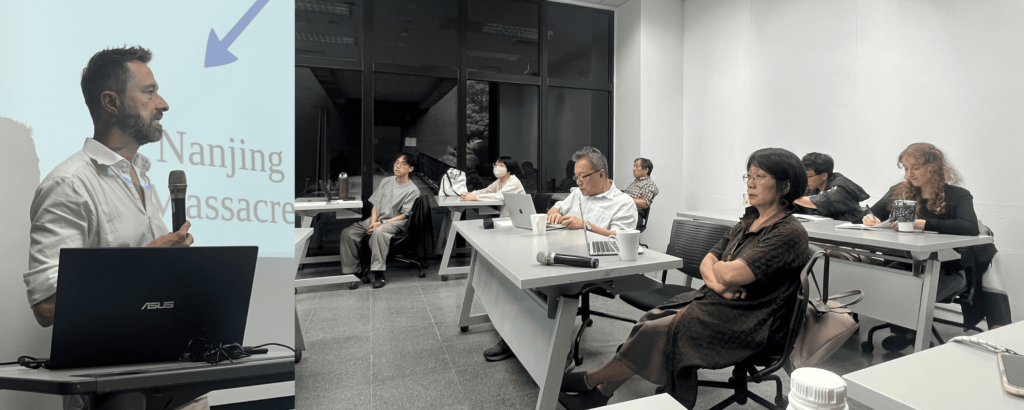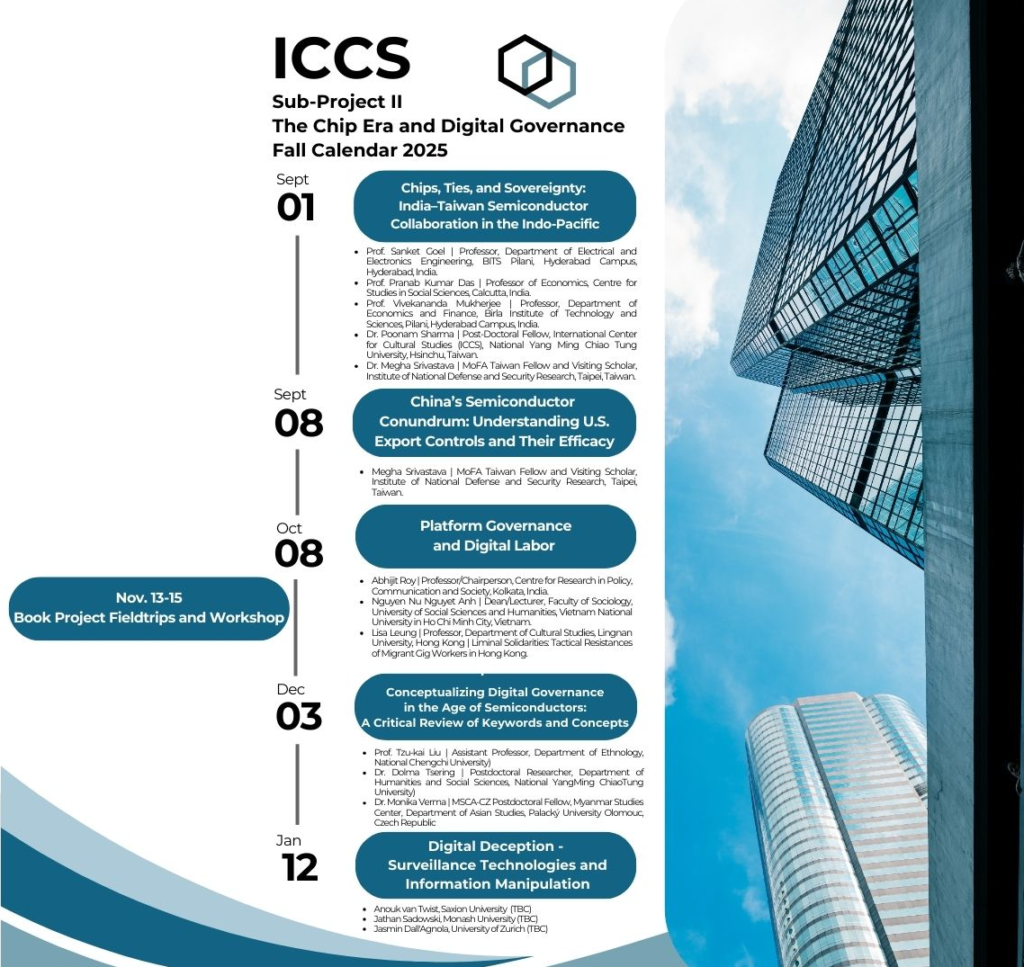Smart Cities and Submarine Communication Cables: Hegemony in the Formation of Afro-Asian Maritime Regions


Researchers: Musquiqui Chihying, Lou Mo
Located in the Indian Ocean, Mauritius was once used by British colonizers as an experimental site for the Asian labor system. Today, Chinese developers are heavily constructing smart industrial parks in the island’s Jinfei zone, while Mauritius has also become a model for Huawei’s promotion of smart cities. What factors led two different hegemonic systems, from different historical periods, to choose this island as an experimental site for governance technologies? Is the history of immigration caused by the labor trade also a background factor in contemporary China’s global governance technology exports to the Global South? Current research rarely links the 19th-century contract labor history with China’s contemporary global expansion and strategic initiatives under the “Maritime Silk Road.” This study reflects on the post-abolition Atlantic slave trade, which led to the intervention of Asian indentured labor in the global colonial system, and explores how infrastructure projects, driven by smart cities and undersea cables, have continued and transformed the political and economic landscape of the Indian Ocean region. The project aims to present this neglected historical state through artistic practice and experimental documentary, combining academic research and fieldwork, in order to elucidate its continuity and significance in the contemporary context. The goal is to fill the gap in related research and creative work, while also inviting public participation to deepen the understanding of the complexity of the Asia-Africa maritime region.
Research-based artistic practices are not limited to historical contexts but also involve an understanding of contemporary political landscapes. The study of the labor system in the Indian Ocean is key to understanding the contemporary situation. It bridges the gap between colonial imperial economies and today’s global geopolitics, helping us to understand the historical continuity and present-day impact of these regions in a (post-)colonial context, especially the strategic geographic role of the Indian Ocean islands in global information transmission and control across different geopolitical camps. This research is expected to be presented in the form of an experimental documentary and visual installations, transforming the research findings into formats that allow the audience to engage with history in various ways. At the same time, it aims to promote greater cross-cultural understanding and discussion. Through interviews and fieldwork, this creative project is expected to enrich related research within the Chinese-speaking context and open new horizons for cooperation between Taiwan’s academic and artistic communities.






